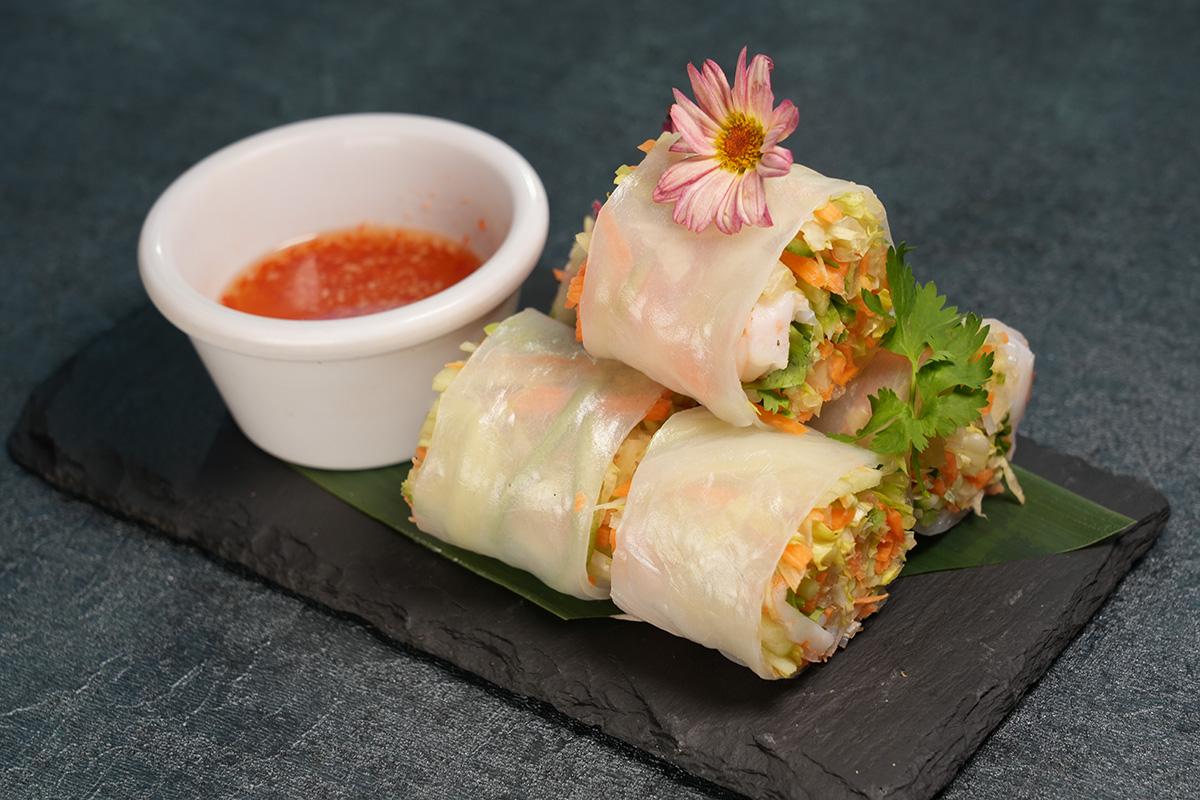
Origins of veganism
Veganism in Asia, South and South East Asia specifically has always been part of the social fabric, an intrinsic part of our culinary heritage due to Asian’s early adaptation of Buddhism and the Buddha’s teachings to not harm sentient beings around us because ultimately, we are all connected as one ‘Being’ in the universe.
In other parts of the world, veganism was first formed as an official movement in 1944 when Dr Donald Watson founded the first Vegan Society with the first 25 members in London. He defined ‘vegan’ as an individual who follows a diet that excludes meat, poultry, fish, dairy products, eggs, gelatin and other foods of animal origin.
Vegan diets include all food of plants origin, including vegetables, fruits, legumes, grains, nuts and seeds. The first vegan society in California, America was formed in 1948 by Dr. Catherine Nimmo and Rubin Abramowitz and continues thriving until today where ahimsa (a Sanskrit word meaning dynamic harmlessness) is encouraged among members.
Abstinence from animal products
Harmlessness with reverence for life
Integrity of thought, word, and deed
Mastery over oneself
Service to humanity, nature, and creation
Advancement of understanding and truth
Veganism on the rise
This school of thoughts has been recently more widely adopted around the world and with it expansion across the globe, the popularity of veganism increased especially during the last decade. According to the Vegan Society, in the UK, the number of declared vegans quadrupled between 2014 and 2019, from 0.25 percent to 1.16 percent of the population.
Worldwide sign-ups for Veganuary (where people eat vegan for the month of January) have been steadily climbing, rising from 59,500 in 2017 to 250,000 in 2020 and 582,000 in 2021. According to the Vegan Society, around ten times as many people try Veganuary as sign up for the official programme, meaning that some five million people may have tried Veganuary in 2021.
Among the group of people who might not have become vegan, reduction of meat consumption is observed. 39 percent of the research respondents in 2019 in the UK reported they have reduced or limited the amount of meat they consumed daily compared to 28 percent of the respondents when asked similar questions in 2017. In America the year 2019 observed a 12 percent reduction in sales of meat compared to the previous year, and in Argentina the reduction was 4 percent.

Why is it here to stay?
A study conducted this year on a group of American 3,000 Gen Z – those who were born between 1997-2012, when asked of their willingness to adopt vegan lifestyle, an astounding 70 percent replied affirmative to the question.
Reasons cited among the most popular reasons to become vegan are mainly to pursue healthier lifestyle, to abate animal cruelty and to contribute to reducing our carbon footprint on our planet. It is a persuasive argument that a vegan diet comes with certain benefits such as lower calorie and more fiber intake from alternative protein sources such as beans and tofu, more vitamins from legumes, fruits and vegetables. At Vietnamese Foodies restaurants, sales volume of vegan menu items increased from 5 percent of total sales contribution in 2020 to 10 percent in 2023.
With more awareness and empathy towards animal’s suffering in farm factories and other industries around the world, more and more people have adopted vegan lifestyle which does not only limit to consuming vegan food source but also abstaining from using animal products such as shoes and bags made from leather, clothing produced from fur, wool or silk and personal care and cleaning products that contain animal-derived ingredients or use animals in product testing.
Progressive beauty brands such as The Body Shop, Urban Decay, Nars Cosmetic and Fenty Beauty are among brands that declared as animal-cruelty free brands through not using animals or animal parts during clinical trials and as ingredients.
Words of caution
Even though there are some clear benefits of adopting a vegan diet, some considerations need to be taken into before making the switch. As our DNA developed over thousands of years on a non-vegan diet, many of the nutrient-rich vegan foods are not bioavailable for our bodies because it doesn’t have the system to absord those nutrients yet.
Essential amino acids, fatty acids, omega-3, omega-6, multiple vitamins as well as minerals need to be supplied to us through vehicles other than our daily food intake if we are to adopt a vegan diet in order to ensure a healthy physical state. Iron, Calcium, Zinc as well as vitamin A, B12, D3 and K2 are all crucial to our body that needs to be supplemented through tablets to ensure sufficient intake of important and beneficial nutrients to our body and brain.









